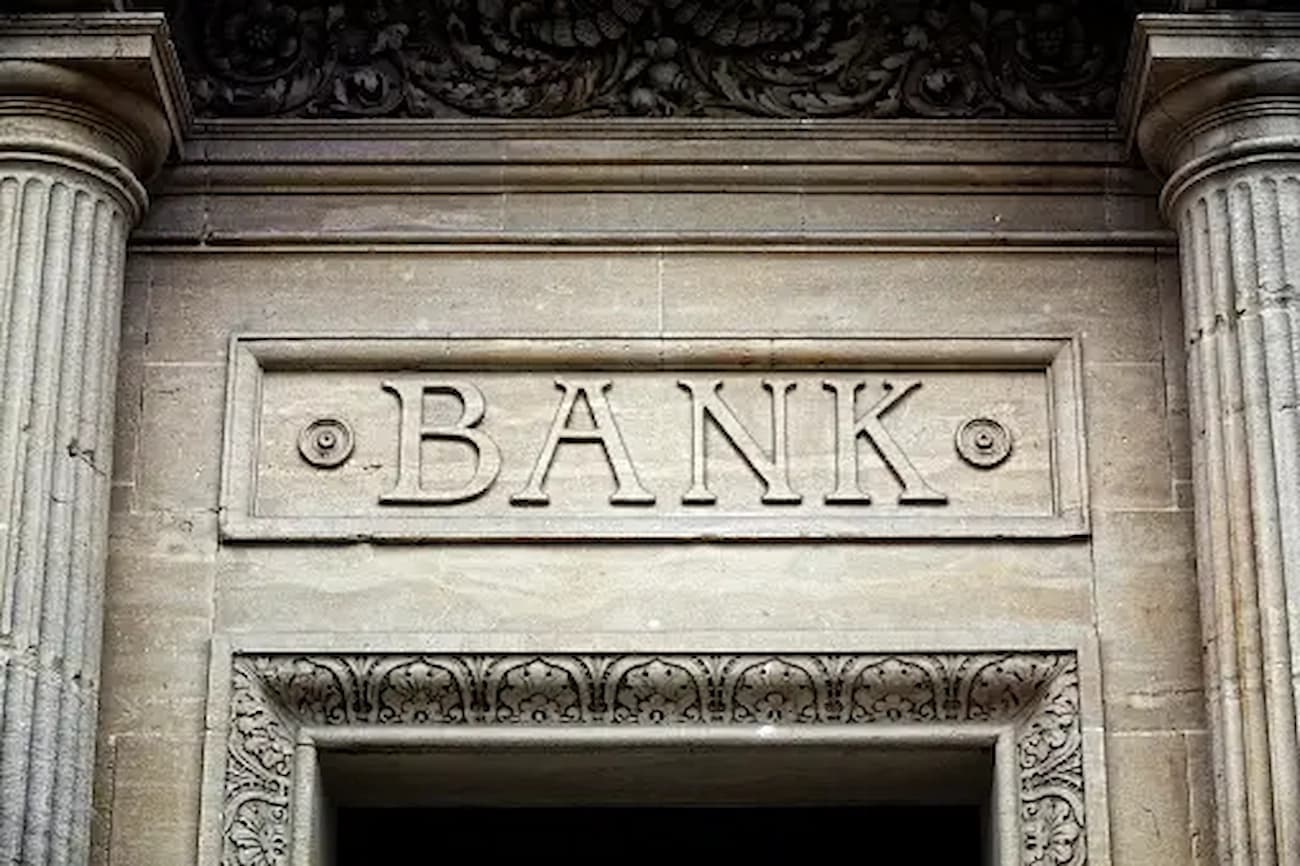
Best UK Bank Account For Expats
This page has been reviewed and verified by Michael Gibbons, UK Solicitor and Regulated Immigration Advisor, to ensure accuracy under current UK immigration policy. Confirm your visa requirements via Our Official UK Visa Guidance.
Opening or maintaining a UK bank account as an expat is achievable, but the “best” choice depends on your residency status, the currencies you use, typical transaction patterns (e.g., international payments), and documentation available. This guide explains key features to compare, realistic eligibility criteria, and how your banking evidence can support UK visa applications where financial documents are required under current Home Office policy (October 2025).
Can Expats Open a UK Bank Account?
Yes, options include UK high-street “international” accounts, offshore or international divisions, and licensed e-money/multi-currency providers. Availability and onboarding requirements vary by residency, proof of address, and KYC/AML checks. Where a UK visa application requires proof of funds or ongoing financial support, ensure your statements meet Home Office evidential standards and timeframes; see our detailed guidance on financial proof for the UK Standard Visitor Visa and the required documents list.
What to Compare (Decision Framework)
1) Residency & Eligibility
- Whether UK address is required (and acceptable alternatives, e.g., overseas address or employer letter).
- Permitted countries of residence and onboarding corridors.
2) Currencies & Transfers
- Multi-currency balances (GBP, EUR, USD) and local account details (sort code/IBAN availability).
- FX mark-ups and international transfer fees; incoming SWIFT fees.
3) Costs & Limits
- Monthly account fees, foreign ATM fees, card FX fees, and tiered plan pricing.
- Daily/monthly payment limits and cash withdrawal caps.
4) Practicalities
- Speed of onboarding, in-app support, and statement formats suitable for visa evidence.
- Access to UK direct debits, Faster Payments, and card networks.
Quick Comparison: Typical Options for Expats
Note: Providers below illustrate common feature sets available to expats in 2025. Always confirm current eligibility and fees directly with the provider before applying.
| Account Type | Typical Features | Who It Suits | Considerations |
|---|---|---|---|
| UK High-Street “International” Current Account | GBP account; sometimes EUR/USD options; UK debit card; phone/online banking | Expats with stable income, employer letters, or property ties to the UK | May require higher income or minimum balance; monthly fees possible |
| Offshore / International Division (e.g., Jersey/IoM) | Multi-currency; relationship management; global transfers; premium tiers | Frequent cross-border users; higher balances; international professionals | Higher fees/eligibility thresholds; tax residency considerations |
| Multi-Currency E-Money Account | GBP/EUR/USD wallets; local details; competitive FX; fast onboarding | New arrivals; mobile-first users; frequent FX and card spend | E-money vs deposit-taking bank; check statement format acceptance |
| Specialist Expat Accounts | Tailored onboarding; guidance for non-residents; multi-currency support | Non-residents needing structured help and documentation | Service fees; narrower country coverage |
Documents You’ll Usually Need
- Valid passport (and visa if applicable).
- Proof of address (UK or overseas, depending on provider policy).
- Proof of income/funds (e.g., payslips, employment letter, or savings statements).
When using banking evidence for a visa application (e.g., Standard Visitor), ensure statements are official, dated within the accepted window, and clearly show your name, account details, and running balance. For visa document prep and uploads, see our digital upload guide and the UK Standard Visitor Visa overview.
How to Choose the Best Account for You
- Map your flows: Salary source, currencies held, destinations for payments.
- Price it: Add up monthly fees + realistic FX usage to find your effective annual cost.
- Check eligibility: Residency, address proofs, and supported countries.
- Statement suitability: If you’ll use statements for visa evidence, confirm formats and date ranges accepted—see eligibility criteria and required documents.
Common Pitfalls (and Fixes)
- Proof of address hurdles: If you lack UK proof, look for providers accepting overseas addresses or alternative documentation (e.g., tenancy agreements or employer letters).
- Hidden FX fees: Review exchange-rate mark-ups and SWIFT receiving charges before large transfers.
- Statement acceptance: Download statements that show full identifiers; avoid screenshots.
- Plan mismatch: Downgrade/upgrade to match your actual usage after 1–2 months.
Using Bank Statements in UK Visa Applications
For applications that require funds evidence (e.g., some Standard Visitor scenarios), present statements that demonstrate sufficient resources for travel, accommodation, and activities consistent with your stated purpose—see permitted vs non-permitted activities. Ensure your banking records align with your itinerary and supporting letters.
FAQs
Can I open a UK account without a UK address?
Some expat-targeted or international divisions accept overseas addresses. Requirements vary by provider; expect robust KYC checks.
Will an e-money account statement be accepted for a visa?
Home Office accepts a range of financial evidence if it clearly identifies the holder, account, and balances within the required timeframe. However, formats and scrutiny can differ. If in doubt, provide conventional bank statements as well or seek advice.
What’s the fastest route for new arrivals?
Multi-currency e-money accounts often onboard quickest. If you later need UK direct debits or specific statement formats, you can add a high-street or international account and keep the e-money account for FX.
Do I need a UK account to apply for a Standard Visitor Visa?
No. But if you are relying on personal savings, present clear evidence of funds. See our guidance on financial proof.
About This Page
Author: Michael Gibbons, UK Solicitor and Regulated Immigration Advisor
Last Updated: October 2025
Reviewed by: UK Visa Applications Editorial Team
Did this advice help?
Is there anything wrong with this page?
If so let us know!